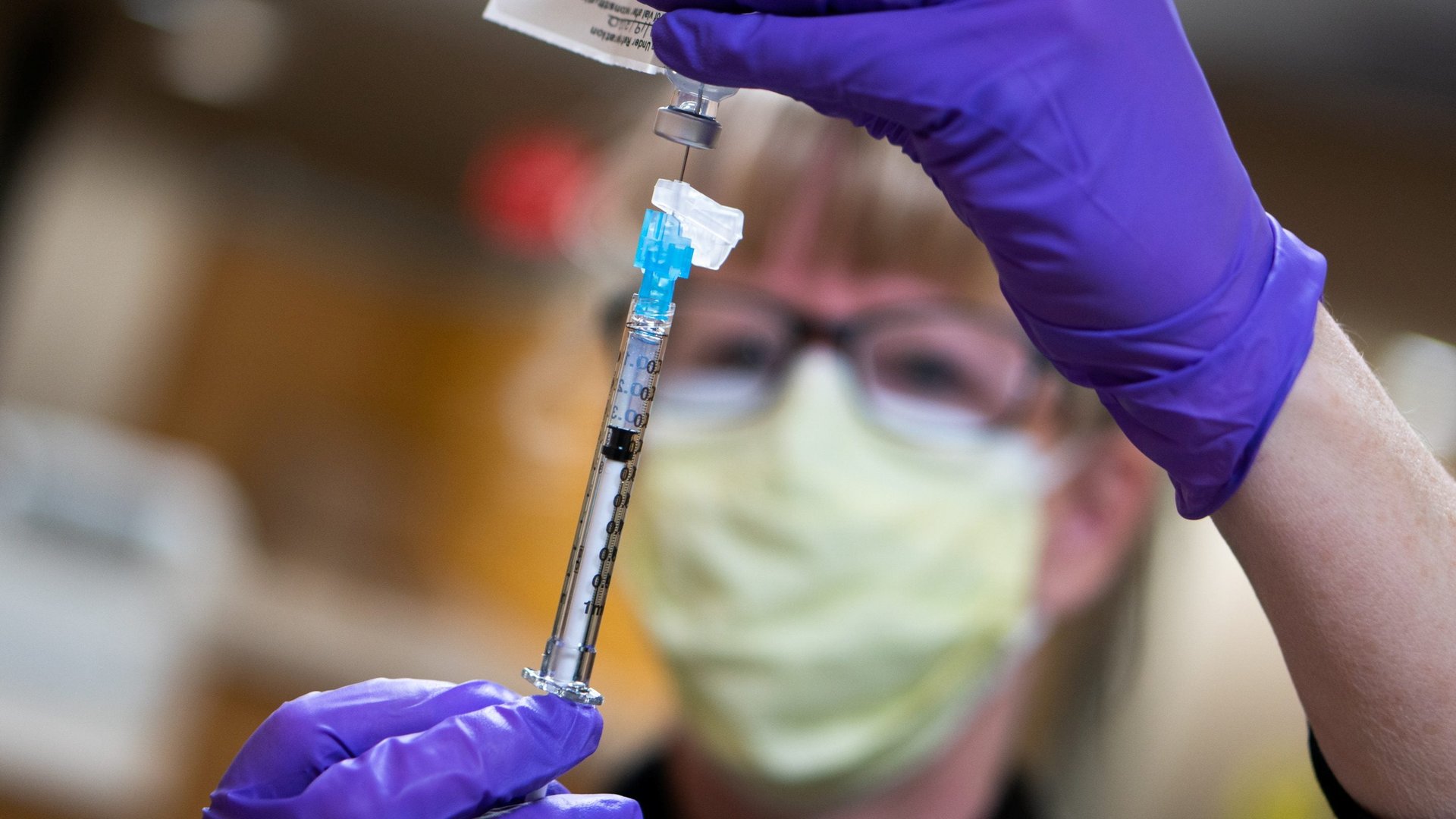Biden’s pick to lead Operation Warp Speed is tailored to build public trust in vaccines
As US president-elect Joe Biden prepares to be sworn into office next week, he’s assembling a team to lead some of the most important initiatives for the country.


As US president-elect Joe Biden prepares to be sworn into office next week, he’s assembling a team to lead some of the most important initiatives for the country.
On Jan. 15, Biden tapped David Kessler as the new head of Operation Warp Speed (OWS), the federal funding arm that has been working with private companies like Pfizer, Moderna, AstraZeneca, and Novavax to manufacture and test Covid-19 vaccines at a breakneck pace. It’s a choice that could stand to boost public trust in federal vaccination investment and deployment.
Kessler’s got the experience: He’s already been advising Biden on the pandemic since its onset, Anita Dunn, co-chair of the transition team, told the New York Times. And he served as the commissioner of the US Food and Drug Administration (FDA) during the 1990s, at a time where the AIDS epidemic was ravaging the country. Kessler was integral in efforts to bring antiviral HIV drugs to market in a little over a month. Perhaps most importantly, however, Kessler has no ties to big pharma—making him legitimately neutral in his role to support the development, manufacturing, and rollout of Covid-19 vaccines and treatments.
Kessler is one of the few FDA commissioners who didn’t go on to work for a drug company after his tenure in the federal regulatory agency. There is nothing technically wrong with working for pharma after regulating it, Kessler told Quartz in 2019. But the optics aren’t great: When leaders of the regulatory body that approves drugs go on to advise the companies that make them, it gives the illusion of a revolving door—like the FDA’s “authority” is more of a chummy relationship. “[The American people] believe that the FDA is making their decisions in their interest and no one else’s,” Kessler told Quartz.
After his tenure at FDA, Kessler went on to work in academia, and then for the Center for Science in the Public Interest, a non-profit nutritional science advocacy group. He briefly served on the board of a company that creates transplantation diagnostic products, and in 2020 joined the board of Ellodi Pharmaceuticals, which develops drugs for the digestive system. However, according to the New York Times, he resigned from these boards this week, and does not own stock in any vaccine or pharmaceutical manufacturing company.
That independence is a change of pace from Moncef Slaoui, who led OWS under the Trump administration. Slaoui held shares in Moderna while he funded the company to develop a Covid-19 vaccine. He eventually gave those up, but refused to give up some of his stock options in companies like GlaxoSmithKline, which is working with Sanofi to develop a Covid-19 vaccine and has received money from OWS. Federal employees are prohibited from such financial conflicts; in order for Slaoui to maintain his holdings, he was allowed to take on his role as a contractor.
Critics maintain that Slaoui’s stock ownership in companies set to gain government investment eroded public trust in the government’s ability to make public health decisions based on the scientific merit of a company’s offerings. That trust is more important than ever as vaccines are deployed to millions of people. Already, the public is skeptical of the speed with which vaccines were developed—despite the fact that FDA upheld its usual standards before issuing emergency use authorizations.
Kessler’s appointment to the OWS position could manage to restore some faith in the government’s ability to put public health before private profits. To start, Biden’s transition team told the Times, Kessler will focus his efforts on creating larger vaccination sites in places like high school gyms to speed the slow rollout of existing doses. And he’ll direct new investments in pharma—this time, focusing on novel antiviral treatments for Covid-19.